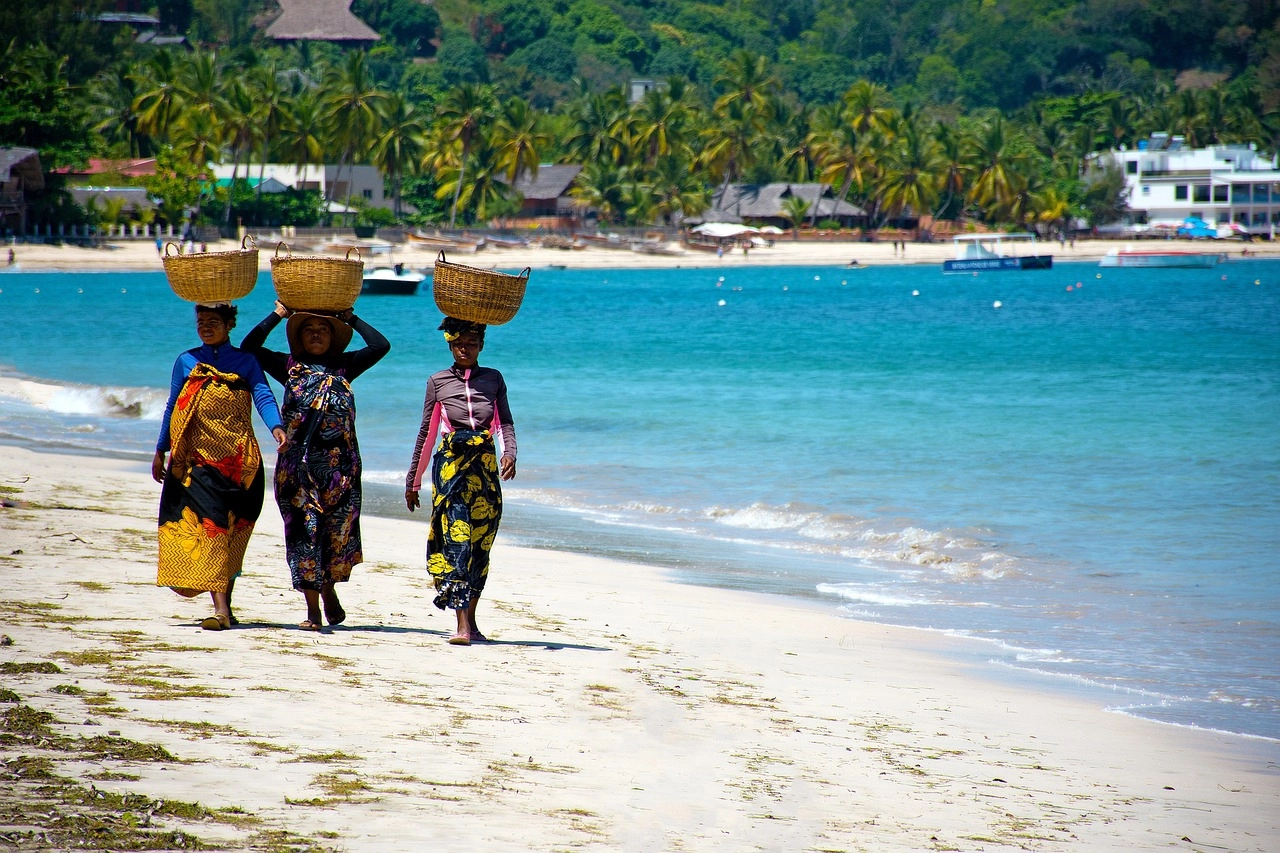Business culture of Madagascar
Madagascar, an island country located off the southeastern coast of Africa, is known for its unique wildlife, stunning landscapes, and rich cultural heritage. When doing business in Madagascar, it is important to understand and respect local cultural etiquette.

2024/12/10
76








